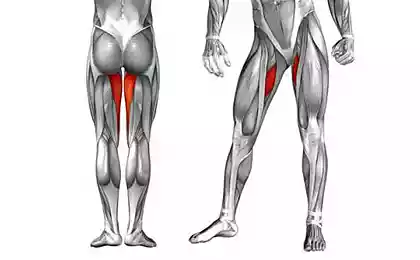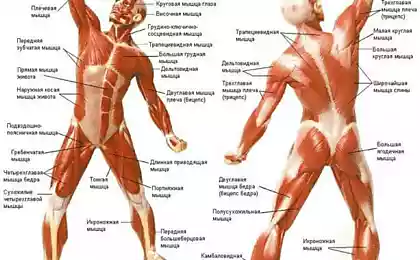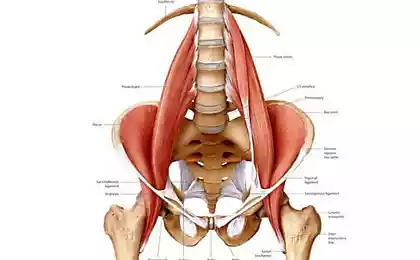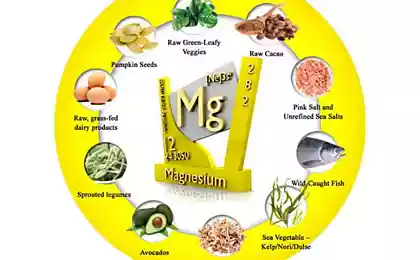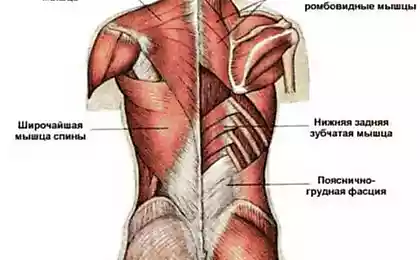232
Why does your body need magnesium? Health ecology

Introduction: Magnesium is an indispensable element of life
Magnesium is one of the most important minerals for the human body. It is involved in more than 300 biochemical reactions, supporting the heart, muscles, nervous system and many other organs. Despite its importance, many people do not get enough magnesium from food. In this article, we will discuss why magnesium is so important and how it affects your health.
Magnesium and Energy: Fuel for Your Cells
Magnesium plays a key role in energy production at the cellular level. It is involved in the synthesis of ATP (adenosine triphosphate), a molecule that is the main source of energy for all processes in the body.
- ATP and magnesium: Without magnesium, the process of converting nutrients into energy would not be possible.
- Deficiency symptoms: Fatigue, weakness and decreased performance can be signs of magnesium deficiency.

Magnesium and Muscles: Relaxation and Recovery
Magnesium is necessary for normal muscle function. It helps relax muscle fibers after contraction, preventing seizures and cramps.
- Muscle function: Magnesium regulates the balance of calcium and potassium in muscles, which is important for their contraction and relaxation.
- Sports activities: Athletes often need high amounts of magnesium to recover from exercise.
Magnesium and the nervous system: calmness and clarity of mind
Magnesium has a calming effect on the nervous system, helping to cope with stress and improving sleep quality. It is also involved in the transmission of nerve impulses, which is important for cognitive function.
- Stress and magnesium: Magnesium deficiency can increase feelings of anxiety and irritability.
- Sleep and relaxation: Magnesium promotes the production of melatonin, a hormone that regulates sleep.

Magnesium and Heart: Main Motor Support
Magnesium plays an important role in maintaining heart health. It helps regulate heart rate, lowers blood pressure and prevents the formation of blood clots.
- Heart rate: Magnesium is involved in the regulation of the electrical activity of the heart.
- Disease prevention: Adequate magnesium intake reduces the risk of cardiovascular disease.
How to get enough magnesium?
Magnesium is found in many foods, but modern diets often do not provide enough. Here are some tips on how to increase your magnesium intake:
- Magnesium products: Nuts, seeds, legumes, green leafy vegetables and whole grain products.
- Additions: If the diet does not cover the needs, you may consider taking magnesium supplements after consulting your doctor.
Conclusion: Magnesium is the basis of health
Magnesium is not just a mineral, but the basis of health and vitality. It supports the work of the heart, muscles, nervous system and helps us stay active and alert. Make sure your body is getting enough magnesium and you will notice how your well-being and quality of life will improve.
Three Myths About Happiness: What Makes People Really Happy
7 Reasons to Share Good News More Than Problems


